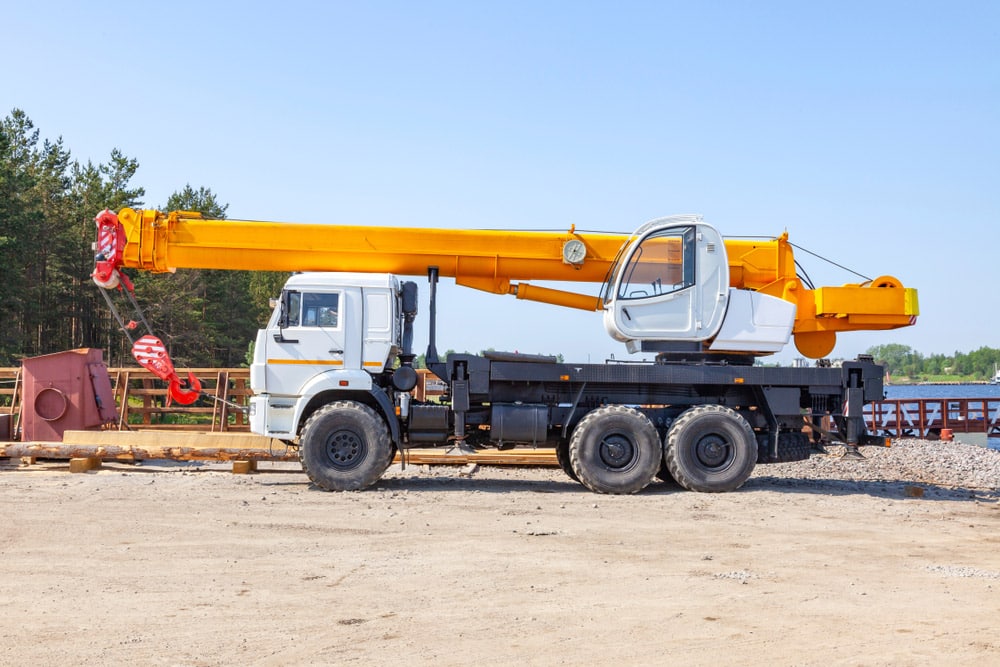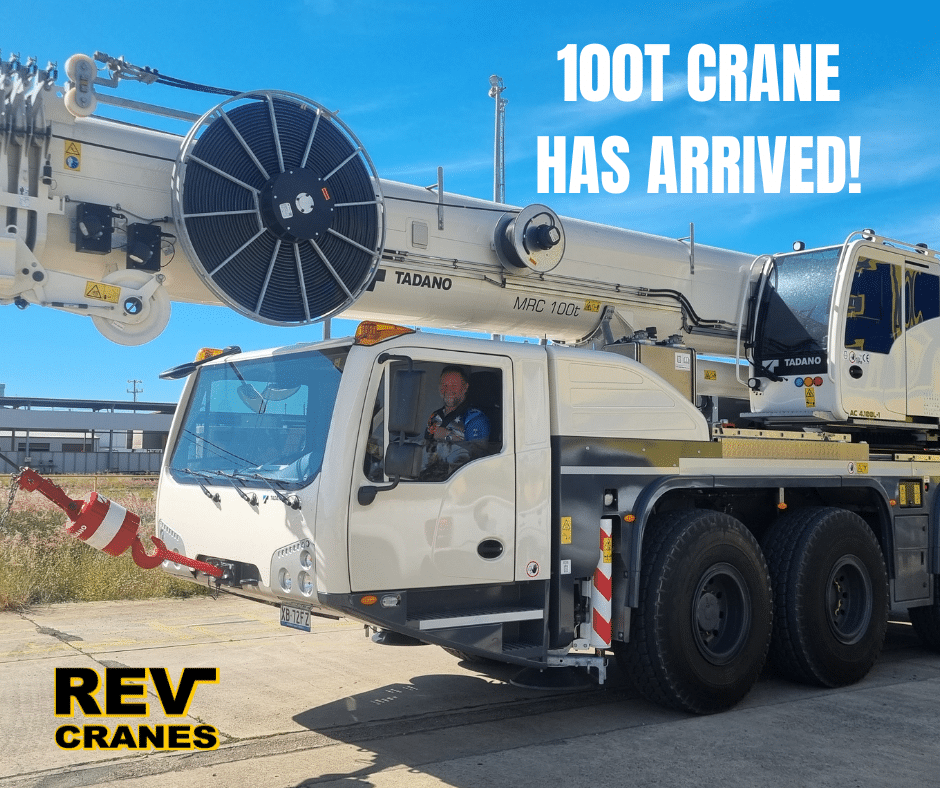
Working with heavy machinery, especially cranes, demands a high level of diligence and care. Ensuring safety is paramount not only for those operating the cranes but also for the surrounding environment and people. Here are seven important aspects to consider when aiming for crane safety.
1. Understanding Crane Load Capacities
A crane's maximum load capacity is its foundational safety parameter. Going beyond this limit can risk the stability and functionality of the crane, leading to potential accidents. It's important for operators to be aware of and respect this capacity. Overloading a crane can result in structural failures, compromising not only the crane's integrity but also the safety of its surroundings.
2. Regular Maintenance And Inspection
- Consistent Check-ups: Routine assessments ensure that the crane's components are in optimal condition.
- Addressing Wear and Tear: Over time, parts can degrade. Regular maintenance identifies and rectifies these issues.
- Safety Protocols: Neglecting maintenance can introduce potential hazards, impacting safety and performance. Thus, it's important to incorporate a regular inspection routine.
3. Safe Ground Preparation And Stabilisation
Ground Assessment
Analysing the ground's condition where the crane will operate is important. This determines if it can support the crane's weight and operations.
Stabilisation Techniques
Employing methods like using outrigger pads or cribbing can help distribute the crane's weight uniformly, preventing imbalances.
Ground Preparation
Before setting up a crane, ensure the removal of any obstructions or debris, offering a clean and stable environment for crane operations.
4. Proper Training And Certification For Operators
Allowing someone without the necessary training to operate a crane is not just risky, but it could lead to potentially disastrous consequences. Certified operators are familiar with the nuances of crane functions, potential hazards and emergency procedures. They're trained to handle situations, ensuring safety at all times. Thus, only those with proper certification should be entrusted with crane operations.
5. Weather Considerations And Operation Protocols
- Monitoring Conditions: Keeping an eye on weather forecasts helps in anticipating potential disruptions.
- Wind Protocols: High winds can destabilise a crane. It's important to have guidelines dictating operations during such conditions.
- Rain and Wet Surfaces: Slippery conditions during rainfall can affect the crane's operations. Knowing how to navigate these scenarios is important.
- Temperature Fluctuations: Extreme temperatures can impact the crane's mechanical performance. Being prepared for such fluctuations ensures continued safe operations.
6. Clear Communication Channels
Effective communication is important for efficient crane operations. Every individual involved, from the crane operator to the ground personnel, should have clear channels to convey information. These may include:
- Instant Communication Devices: These ensure real-time information sharing.
- Hand Signals: For times when communication is challenging, standardised hand signals can be lifesavers.
- Backup Channels: Always have backup channels for situations when primary channels fail.
7. Prepare For An Emergency Response
- Emergency Drills: Regularly conduct drills to ensure everyone knows their roles during an emergency.
- Emergency Kits: Prepare kits equipped with first aid and other essential tools.
- Evacuation Plans: Clear, well-marked evacuation routes help in swiftly moving personnel to safety zones during emergencies.
Navigate The Complexities Of Crane Safety
When it comes to crane safety, there's no room for shortcuts. At REV Cranes, we prioritise safety above all else. With our vast knowledge of crane operations, we've observed and tackled numerous challenges. Our team will guide you through every step, from selecting the right crane to offering insights into safe operational protocols. Give us a call today!


